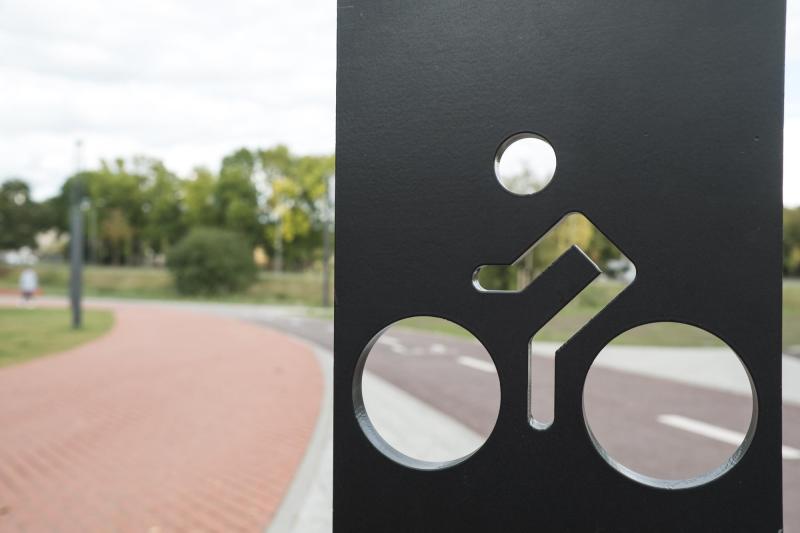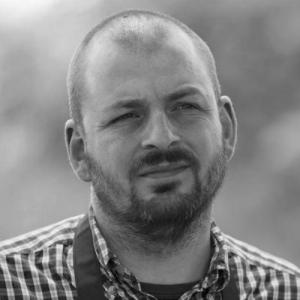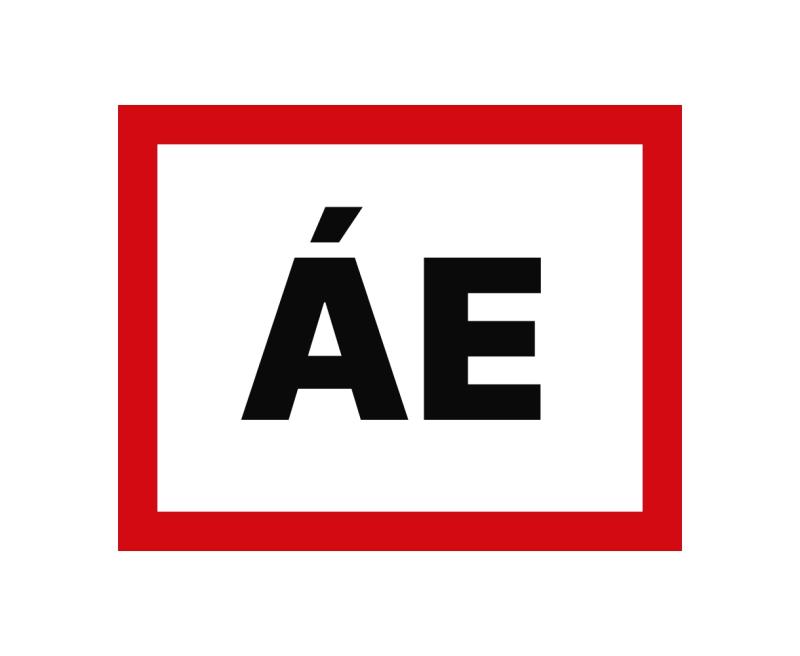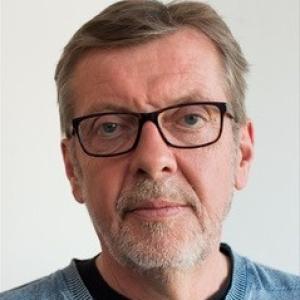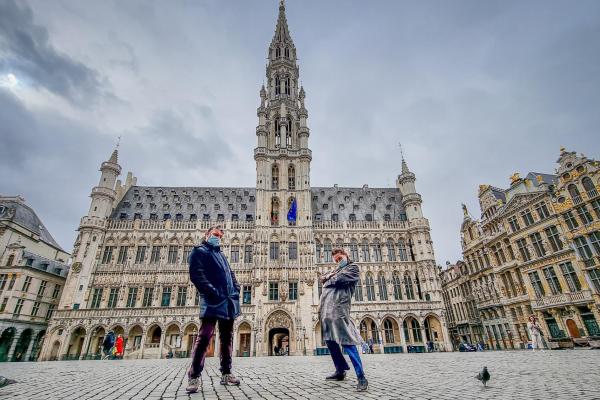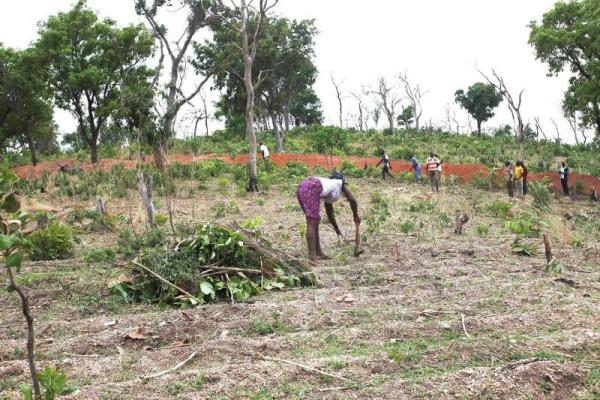A team of three journalists talked to experts, officials, NGOs, and dozens of cyclists in four countries. They also reviewed tendering documents, a sample of EU-funded projects, and some of the actual cycle paths and lanes.
From tiny Malta, which benefited from three EU instruments to produce a basic transport plan, to Romania – one of the largest beneficiaries of EU spending on cycling and pedestrian infrastructure – the team found vague standards and opportunistic planning, driven not by cyclists’ needs but by administrations’ convenience.
The team found that the issue we investigated was, at least at the time, poorly regulated and there was a lack of legal basis to even recover the misused funds.
Photo by Justinas Stonkus
IMPACT
The findings informed the European cycling strategy formulation and further supported the idea that there should be common EU standards for bike lanes, as well as the EP resolution on this topic — the story contributed arguments to activism and awareness that informed the cycling declaration and EP resolution, which both emphasised standards and safety.
From the next programming period, EU funding beneficiaries are also required to collect cycling-related data separately — something the journalists in this investigations had to do from scratch because nobody was collecting that data.
When Transport committee MEPs were visiting Florence, Daiva Repečkaitė presented the findings of the investigation to them informally.
The project was presented at Dataharvest 2023, online at one of the Earth investigation webinars for improving environmental coverage by Journalismfund (see below), and at the lightning data talks at GIJC 2023 in Gothenburg.
The Lithuanian official who was interviewed during the investigation never got back to the team about the promised safety audits.
The Maltese government continues building car-favouring infrastructure.
Learn more:
Here Daiva Repečkaitė is talking about this project in one of our webinars:
